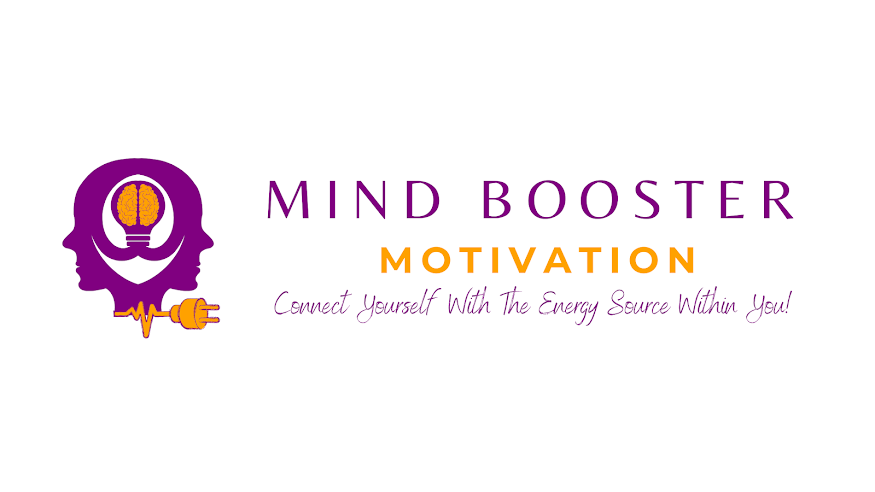The Power of Knowledge Unveiled: Exploring the Physical and Metaphysical Dimensions from a Psychological Perspective
Knowledge holds immense power, impacting individuals and societies on multiple levels. Beyond its tangible applications, knowledge possesses both physical and metaphysical dimensions that influence our thoughts, emotions, behaviors, and overall well-being. In this psychological article, we embark on a transformative journey to explore the nature of knowledge and its psychological implications.
We delve into the physical dimension, examining how knowledge enhances cognitive abilities, facilitates learning, and empowers individuals. Additionally, we explore the metaphysical dimension, delving into the psychological effects of expanded consciousness, self-empowerment, and the interconnectedness between knowledge and spiritual well-being. By understanding and harnessing both dimensions, we can fully appreciate the profound psychological power of knowledge.
- The Physical Dimension of Knowledge
Cognitive Enhancement:
Memory and Recall: Knowledge acquisition improves memory function, enhancing the ability to retain and recall information.
Critical Thinking: Knowledge cultivates critical thinking skills, enabling individuals to analyze, evaluate, and make informed decisions.
- Learning and Skill Development
Knowledge Acquisition: Learning new information and skills expands neural networks, promoting cognitive flexibility and adaptability.
Expertise and Mastery: Acquiring deep knowledge in a particular domain enhances expertise and facilitates skill mastery.
- Psychological Empowerment
Self-Efficacy: Knowledge empowers individuals by enhancing their belief in their own abilities to achieve goals and overcome challenges.
Sense of Competence: Deep knowledge instills a sense of competence and confidence, contributing to psychological well-being.
- Adaptation and Resilience
Problem-Solving: Knowledge equips individuals with problem-solving skills, enhancing their ability to adapt to new situations and overcome obstacles.
Resilience and Coping: Knowledge provides individuals with a repertoire of coping strategies, fostering resilience in the face of adversity.
- The Metaphysical Dimension of Knowledge
Expanded Consciousness:
Self-Transcendence: Metaphysical knowledge expands one's consciousness, enabling a shift in perspective and a deeper understanding of the self and the world.
Transpersonal Experiences: Knowledge of metaphysical concepts allows individuals to access altered states of consciousness, leading to transformative experiences.
- Self-Empowerment and Personal Growth
Self-Actualization: Metaphysical knowledge promotes self-discovery and self-realization, empowering individuals to reach their full potential.
Inner Transformation: Knowledge of metaphysical principles facilitates personal growth, leading to increased self-awareness, authenticity, and personal fulfillment.
- Interconnectedness and Unity
Connectedness to Others: Metaphysical knowledge reveals the interconnectedness of all beings, fostering empathy, compassion, and a sense of belonging.
Collective Consciousness: Knowledge of our interconnectedness promotes cooperation, social cohesion, and the well-being of humanity as a whole.
- Spiritual Well-being
Meaning and Purpose: Metaphysical knowledge offers individuals a deeper understanding of life's meaning and purpose, leading to a sense of existential fulfillment.
Transcendence and Transcendent Experiences: Knowledge of metaphysical concepts allows individuals to transcend their ego, leading to spiritual experiences and a sense of interconnectedness with something greater.
- Discovering the Dimensions: Integrating the Physical and Metaphysical
Cognitive Integration:
Holistic Learning: Integrating physical and metaphysical knowledge fosters a comprehensive understanding of the world, encompassing both empirical evidence and metaphysical insights.
Synthesis of Perspectives: Combining different knowledge domains promotes cognitive flexibility, creativity, and the ability to think critically and adaptively.
- Psychological Well-being
Holistic Self-Concept: Integrating physical and metaphysical dimensions of knowledge allows for a more comprehensive understanding of oneself, leading to enhanced self-awareness and psychological well-being.
Integration of Values and Beliefs: Combining physical and metaphysical knowledge enables individuals to align their values, beliefs, and actions, fostering a sense of integrity and authenticity.
- Meaning-Making and Transcendence
Existential Exploration: Integrating physical and metaphysical knowledge encourages individuals to explore existential questions, leading to a deeper understanding of the nature of reality and their place within it.
Transcendence and Flow: The integration of physical and metaphysical knowledge facilitates experiences of flow, where individuals become fully absorbed in activities and tap into a transcendent state of consciousness.
- Ethical Considerations
Moral Development: Integrating physical and metaphysical dimensions of knowledge fosters ethical reasoning, promoting empathy, compassion, and a sense of social responsibility.
Ethical Decision-Making: Combining physical and metaphysical knowledge allows individuals to make morally informed decisions that consider the well-being of themselves, others, and the environment.
- Responsible Utilization of Knowledge
Ethical Use of Power:
Responsibility and Accountability: Individuals with knowledge have a moral obligation to use it responsibly, considering the potential impact on themselves and others.
Avoiding Manipulation: Knowledge should not be used to exploit or manipulate others but rather to empower, educate, and uplift individuals and communities.
- Cultivating Wisdom and Compassion
Wisdom Development: Knowledge integration fosters wisdom, promoting the application of knowledge in ways that prioritize long-term well-being and ethical considerations.
Compassionate Engagement: Integrating physical and metaphysical knowledge encourages individuals to engage with others and the world with empathy, compassion, and a commitment to social justice.
- The Transformative Impact of Knowledge
Psychological Growth and Flourishing:
Self-Actualization: Knowledge facilitates personal growth, enabling individuals to become the best versions of themselves, leading to increased well-being and life satisfaction.
Resilience and Adaptation: Knowledge equips individuals with the psychological tools to navigate life's challenges, fostering resilience, and promoting mental health.
- Collective Empowerment and Social Progress
Societal Transformation: Knowledge empowers individuals to challenge societal norms, promote positive change, and contribute to the betterment of society. Interconnectedness and Global Harmony: Knowledge fosters a sense of interconnectedness, promoting cooperation, understanding, and a collective commitment to creating a harmonious and sustainable world.
Knowledge possesses both physical and metaphysical dimensions that impact our psychological well-being, cognitive abilities, and sense of interconnectedness. By understanding and harnessing the power of knowledge, we can enhance cognitive function, promote personal growth, and foster global harmony. Integrating physical and metaphysical dimensions of knowledge empowers individuals to make informed decisions, embrace personal transformation, and contribute to the betterment of society. Let us recognize and







Comments
Post a Comment